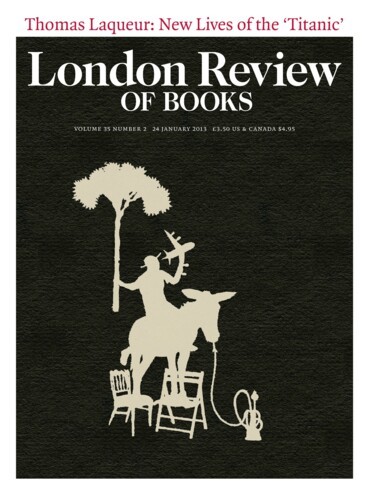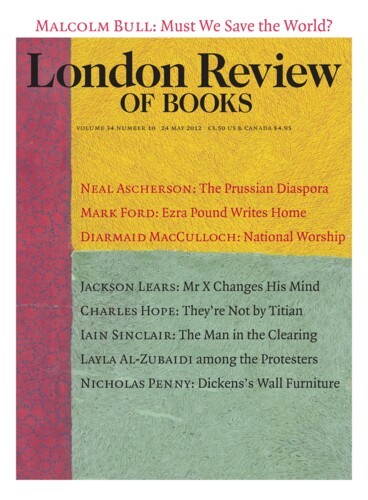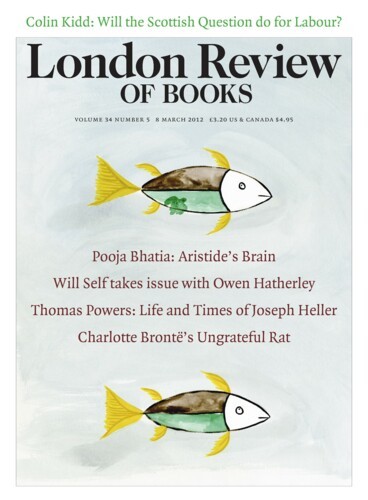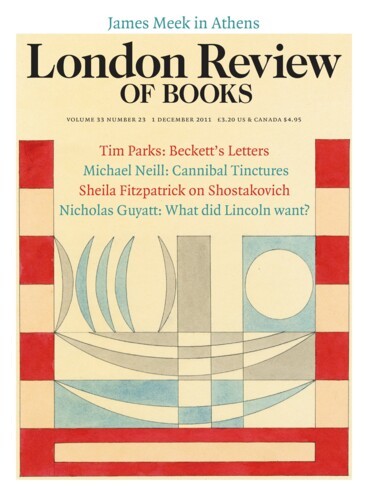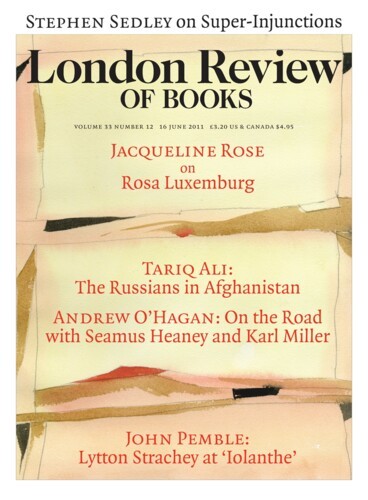The Darth Vader Option: The Tories
Colin Kidd, 24 January 2013
Reason revolts against the notion that cod anthropology might yield a more persuasive account of the Conservative Party’s inner workings than the current insights of political science and organisational behaviour. Yet when confronted with the culture of the Tories since 1945, the mind drifts off time and again to the sacred grove of Diana at Lake Nemi in the Alban hills. In antiquity...
